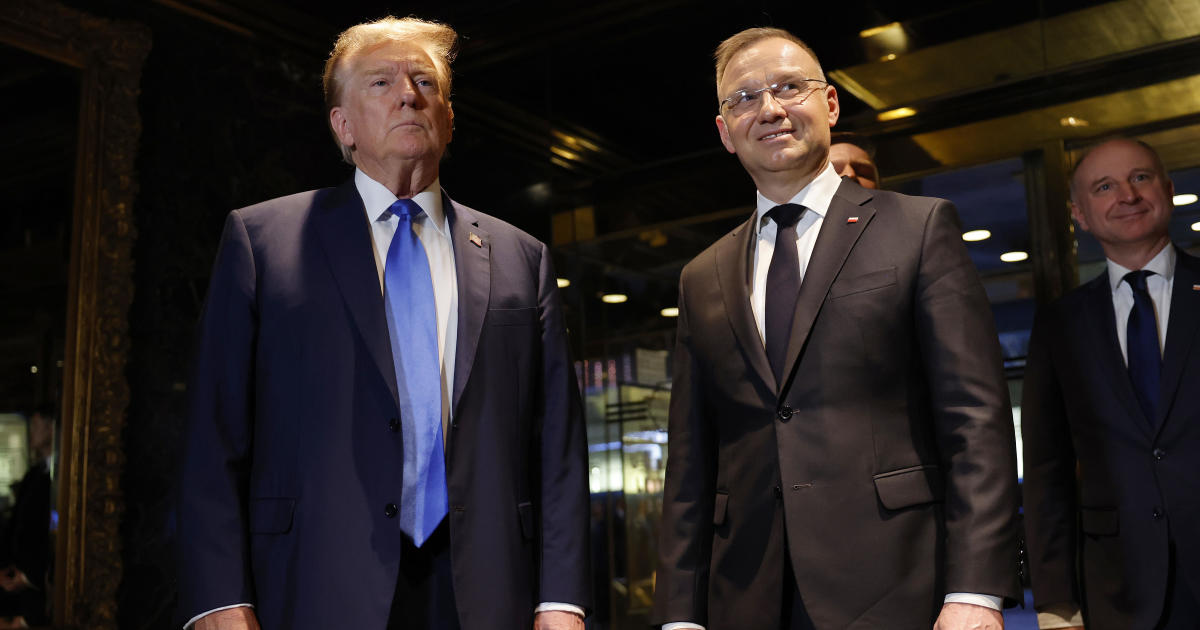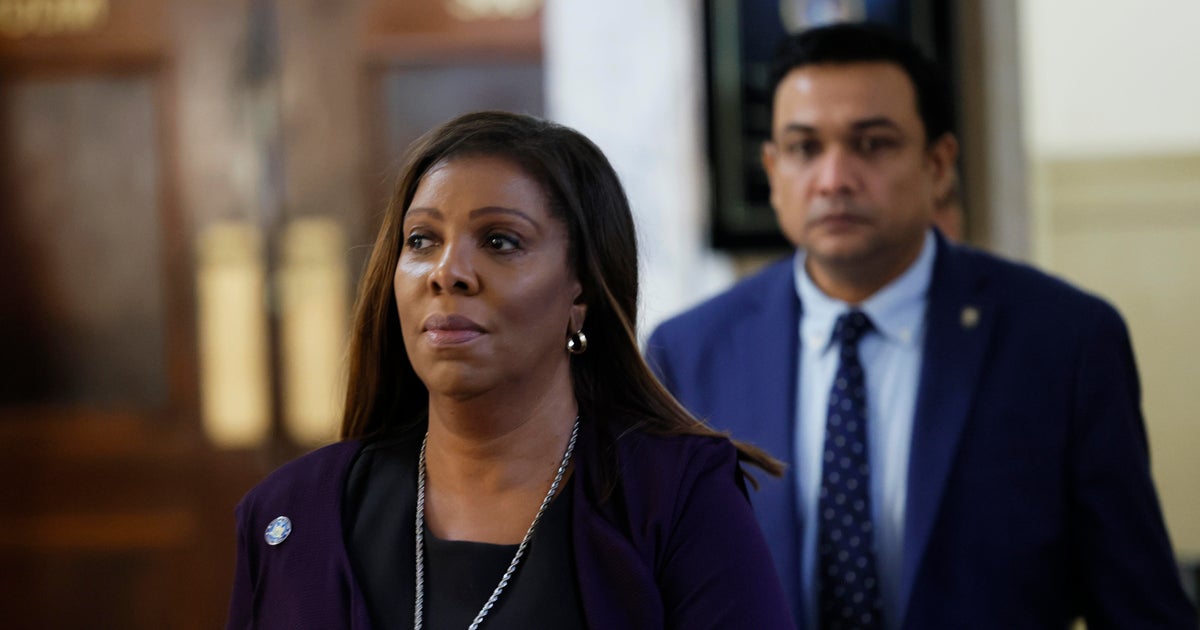4 historians on how 2018 will go down in the history books
As part of a holiday tradition, four historians and writers joined a year-end "Face the Nation" panel to provide insight into the stories that defined the most important political debates of 2018. The group discussed the rising political divisions in the country, President Trump's unconventional presidency and the dynamics that will continue to shape the American political landscape into the new year.
Historian Michael Beschloss is the author of "Presidents of War." Pulitzer Prize winner Doris Kearns Goodwin's latest book is "Leadership in Turbulent Times." Peter Baker is the chief White House correspondent for The New York Times and a contributor to "Impeachment: An American History." Jill Lepore writes for The New Yorker and is the author of "These Truths: A History of the United States." Watch their full conversation above.
Michael Beschloss
"[The founders] expected that the first president would be George Washington and every later president would be like him. As we've seen, not everyone turned out to be that way. But the thing the founders worried about most of all was that presidents would try to grab too much power, and through history that has sure turned out to be the case. One of the ways they've done that, which I've written about, is in wartime, because war — if you're looking for a president who gets more power and in some cases abuses power, war is the quickest way to do it.
"I think the founders would have been very worried about the fact that a president nowadays can get America involved in war almost single handedly almost overnight ... and [single handedly] get us out. Absolutely. I think if they came back today they would feel that presidents nowadays have much too much power and they would feel that it's the job of every citizen to try to resist that."
Peter Baker
"We're already a polarized country. We don't need anybody's help to make us more polarized at this point. But an impeachment battle would certainly take that division that we already are undergoing and exacerbate it and bring it to a head.
"Democratic leaders are very wary of this. They did see what happened to the Republican predecessors in 1998 and 1999 — that in general did not seem to work out well for them politically and they're wary of a backlash if they pursue something or are perceived as overreaching. And yet their base, the liberal base, is very upset and agitated."
Doris Kearns Goodwin
"Something's happened where the identity [is] with your own group and it has to do with the way the political system is structured. It has to do with the money in politics. It has to do with the congressional boundaries. It's people living and only talking to people that they're used to. They've now segregated themselves in cities or rural areas. And the television is cableized and social media is fragmented, and the things that used to draw us together — I mean, when FDR gave one of his fireside chats everybody in the country, eight out of 10 are listening on their radios. It's a collective experience.
"Saul Bellow said you could walk down the street on a hot Chicago night and you could look in the window and see everybody looking at their radio and you could hear his voice coming out on the street and you could keep walking and not miss a word of what he was saying.
"So President Trump has tweets which can reach that many people, but it's an individual experience, to read history. It's not collective the way it used to be. And that's what we're missing, I think."
Jill Lepore
"The Blasey Ford-Brett Kavanaugh divide was in some ways a dress rehearsal for an impeachment conversation, right? Where people just sorted themselves out into their conservative and liberal camps and you could just follow that who you sort of believed, which I think, I assume would map pretty well on to the likely response to any possible impeachment proceedings.
"And that political division between conservatives and liberals, who are asked to believe in fundamentally different values and not asked to think about what one another's values are and what the shared values are, was built by some very cynical political consultants in the 1970s and 1980s who wanted to get voters to the polls using emotionally charged, life-or-death issues that were constitutionally weak.
"So this sort of abortion-guns schism of the 70s and 80s. Either, if you're a conservative, abortion is murder and guns are freedom. If you're a liberal, abortion is freedom and guns are murder. And it's all life, it's all the death of freedom. And [they sorted people out very calculatedly for decades. And just when they were done with their work, social media more or less emerged.
"And now all that is done by automation, really. We're in a political machine of a new generation of machines, where we are sorted. Polarization is done automatically and it's very difficult to get out of that machine."



